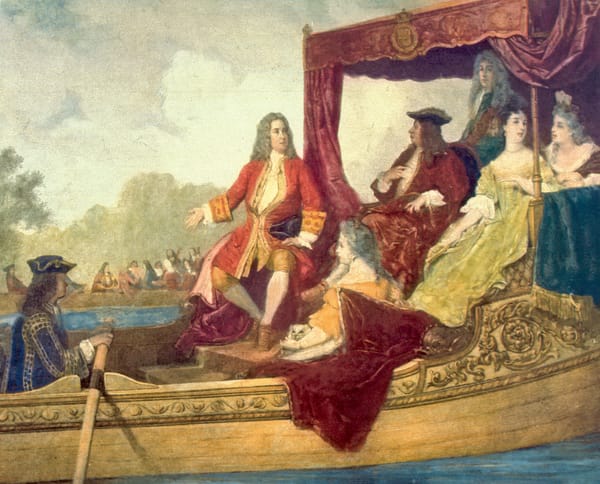Q&A with Cecilia Bartoli

Salzburg Festival: Ms. Bartoli, so many composers and authors set their works in Seville, despite never having been there. You have dedicated the 2022 Whitsun Festival to this city in which 153 operas are set. What makes Seville special to you?
Cecilia Bartoli: First and foremost, Seville is a city of stunningly bright light, blistering heat, intoxicating orange blossom scent, a unique mixture of proud ancient cultures – and of course the diverse musical styles this city has produced and inspired. Whenever I visit Seville, I go to an unassuming tablao in the hope of a thrilling encounter with authentic flamenco music and dance. And as a keen admirer of María Pagés, I attend her performances whenever possible.
SF: You know Rolando Villazón very well and have asked him to direct Il barbiere di Siviglia. What can the audience expect of his production?
CB: I can promise that it will be a lot of fun! Rolando directs Il barbiere di Siviglia, a thoroughly comical opera ideally suited to him and his lively character. Incidentally, Rolando has added a new figure to the action, the famous quick-change artist Arturo Brachetti – something we all look forward to!
I don’t know whether it was by chance or not, but my debut role as a professional opera singer was Rosina in Il barbiere di Siviglia! This delightful opera was the cornerstone of my own international career, and I’m so happy to return to it — maybe for the last time — alongside some of my very favourite colleagues, with Gianluca Capuano conducting and a cast of wonderful fellow singers!
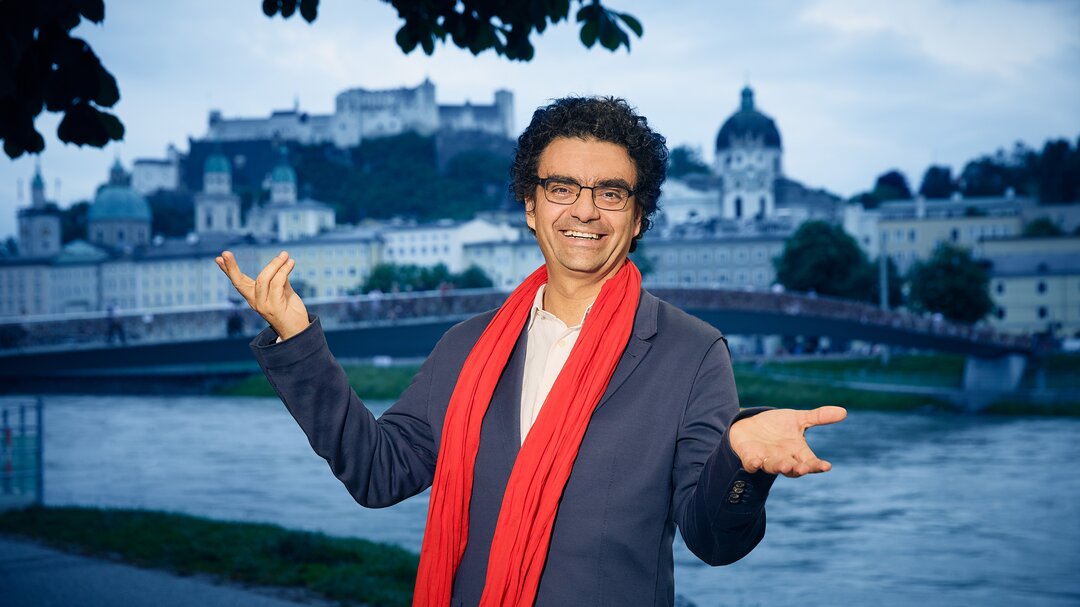
SF: Entitled Iberia, Javier Perianes performs a solo piano matinee featuring works by three Spanish composers. What do you like particularly about this music, which is not played very often?
CB: Manuel de Falla, the Iberian Peninsula’s most famous composer, was born in the Andalusian city of Cádiz and studied composition with Felip Pedrell. The Catalan composer and musicologist Pedrell is considered the father of the Spanish national style. All of his students, who alongside de Falla included renowned figures such as Isaac Albéniz and Enrique Granados, wrote notable works of classical music that are thoroughly suffused with local folk tunes and rhythms. Javier Perianes, one of the leading Spanish pianists, will guide us through the world of his country’s music at the beginning of the 20th century. In addition to other works, he performs de Falla’s rarely performed Fantasía Baetica — a homage to the region of Cádiz — as well as movements from Albéniz’s famous suite Iberia, dedicated to specific sites in Granada and Seville.
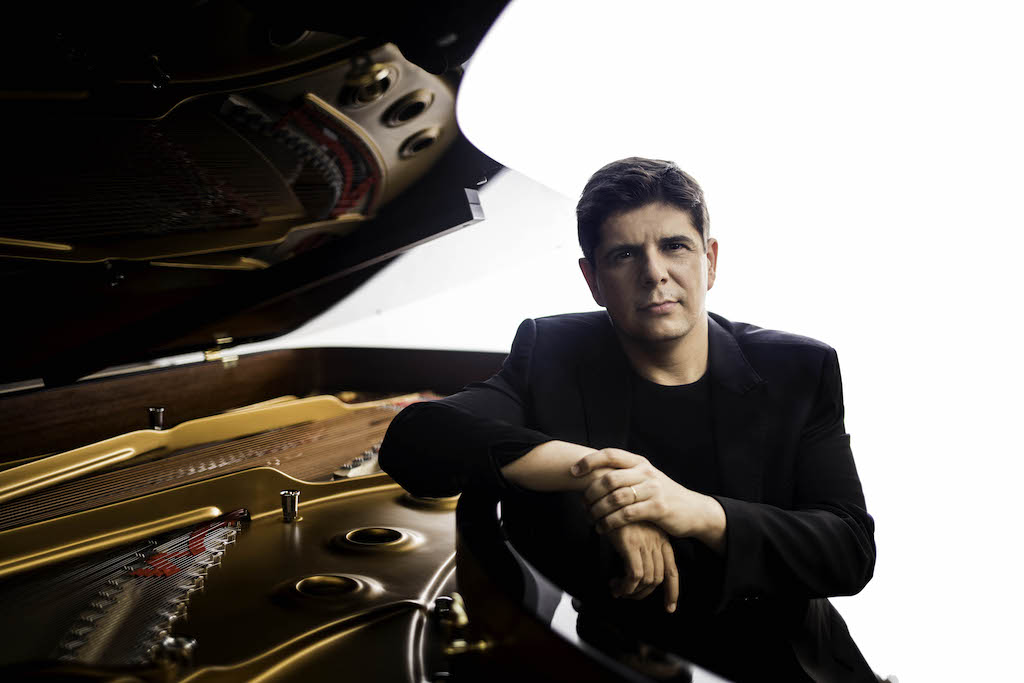
SF: During the “Siglo de Oro”, Spain’s “Golden Century”, the vihuela was considered the most prestigious and noble instrument. On the Festival’s Saturday evening, you combine these Spanish baroque sounds with the baroque of traditional South American music, still alive today. Why is this concert worth experiencing? What characterises this epoch? The Sacred Concert also features works of the Golden Century.
CB: Together, we will explore this wonderful heritage, which is still far too little known in Central Europe. Thanks to composers such as Francisco Guerrero and Cristóbal de Morales, sacred polyphonic music prospered in Seville during the Renaissance period in the 16th century. Jordi Savall and his ensembles will be our knowledgeable guides on this journey: while their background is Catalan, they are probably the world’s greatest specialists in Ancient Music from Spain, the Mediterranean and the Middle East, which makes them ideal partners to familiarise us with this aspect of Seville’s rich musical tradition.
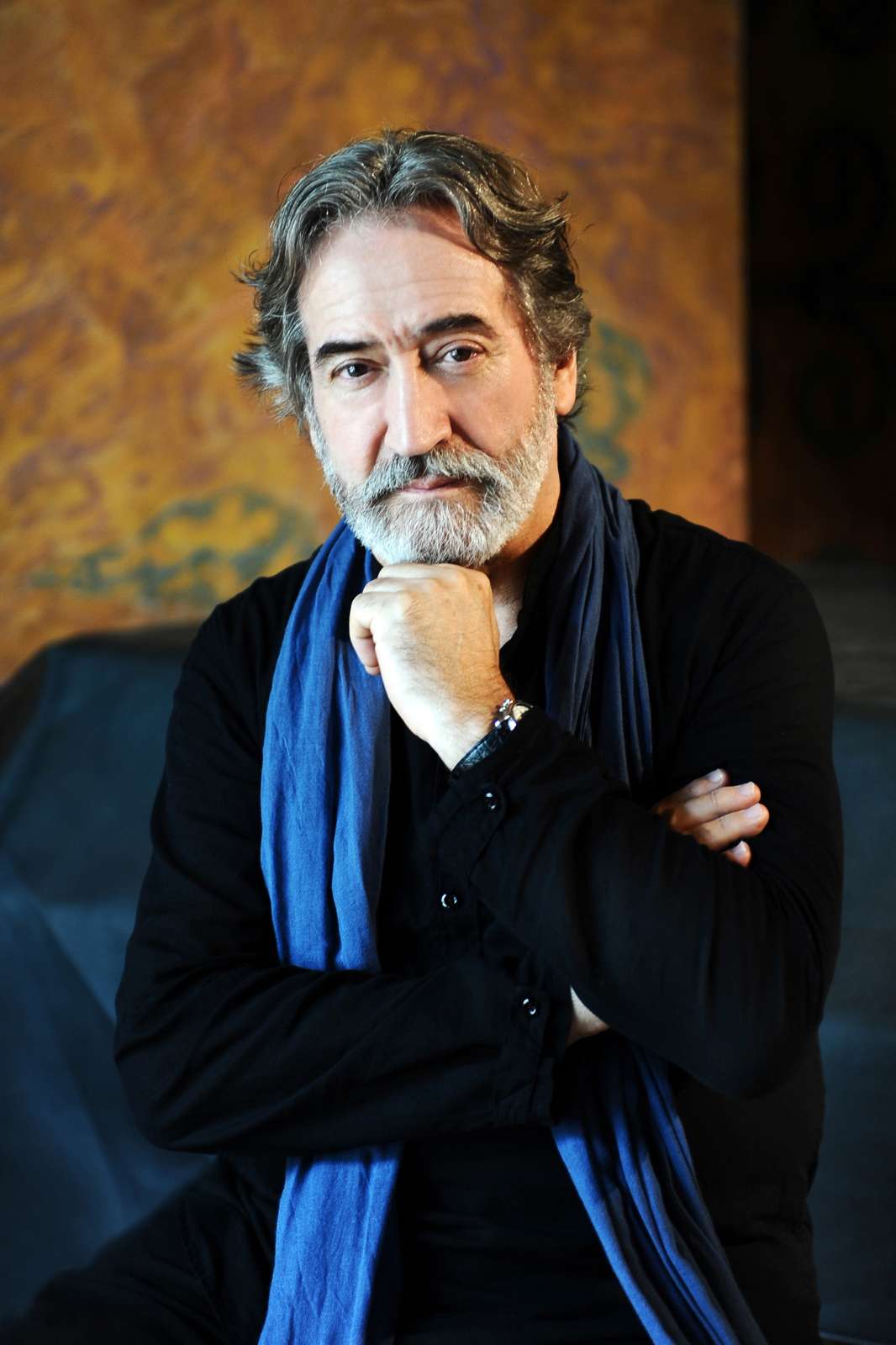
We will also witness one of Christina Pluhar’s typical genre-hopping concerts. The programme featuring songs and dances from both sides of the Atlantic Ocean – from Spain and Latin America – testifies to the fact that sincerely felt music so often transcends the hardship and bitterness inflicted on people, and looking back at their experience opens our hearts to compassion and love.
SF: Flamenco forms part of the world’s Intangible Cultural Heritage. What fascinates you about this quintessential Spanish tradition so much that you dedicate Whitsunday evening to it?
CB: When I was a teenager in Rome, a girl in my class went for dance lessons, and one day my father encouraged me to join her and take a look at what they were doing. It bowled me over as soon as I walked in: I had never seen anything like it. This studio concealed things that existed nowhere in my world. Flamenco, what a discovery! And in those days you couldn’t experience Flamenco via the media; you actually had to go there and take part. An irresistible force drew me in, until I finally joined a semi-professional group for some time. I haven’t shaken this fascination ever since.
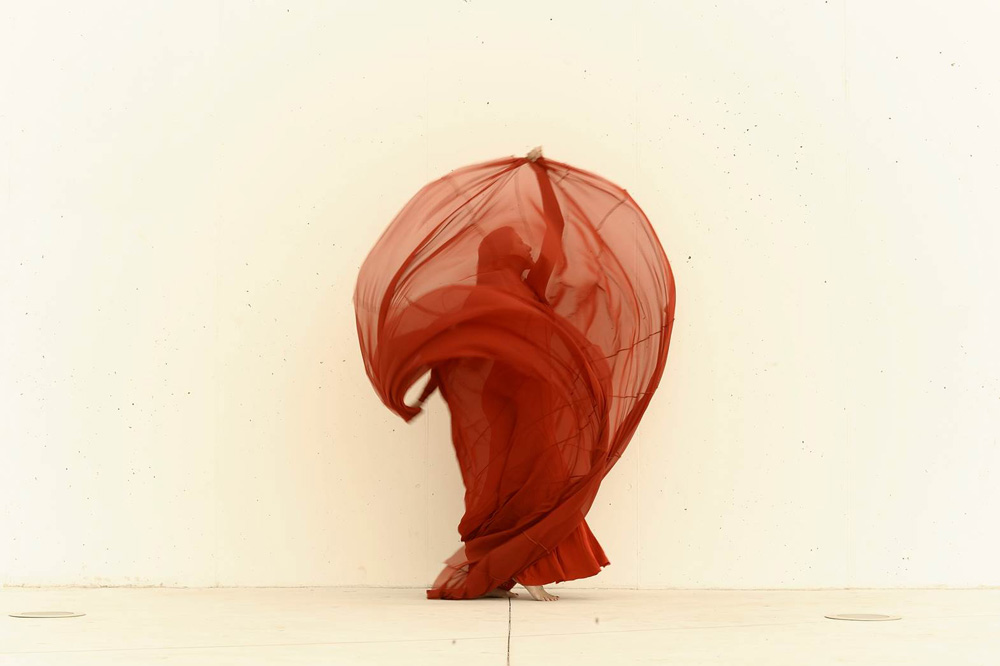
SF: When you call, they all come. During the finale on Whitsun Monday evening, it will feel like the stars of the opera stage are flocking together: Maria Agresta, Rebeca Olvera, Piotr Beczala, Plácido Domingo, John Osborn, Rolando Villazón, Ildar Abdrazakov. How does it feel to you, sharing an evening with these luminaries?
CB: We have entitled this gala evening Carmencita & Friends – an allusion to Carmen, possibly the most famous Sevillian opera figure of all. Over the course of my career, I have had the good fortune to share the stage with many fantastic singers and musicians, and I am delighted that so many colleagues have accepted my invitation to Salzburg: together we will light the final fireworks of the 2022 Salzburg Whitsun Festival.
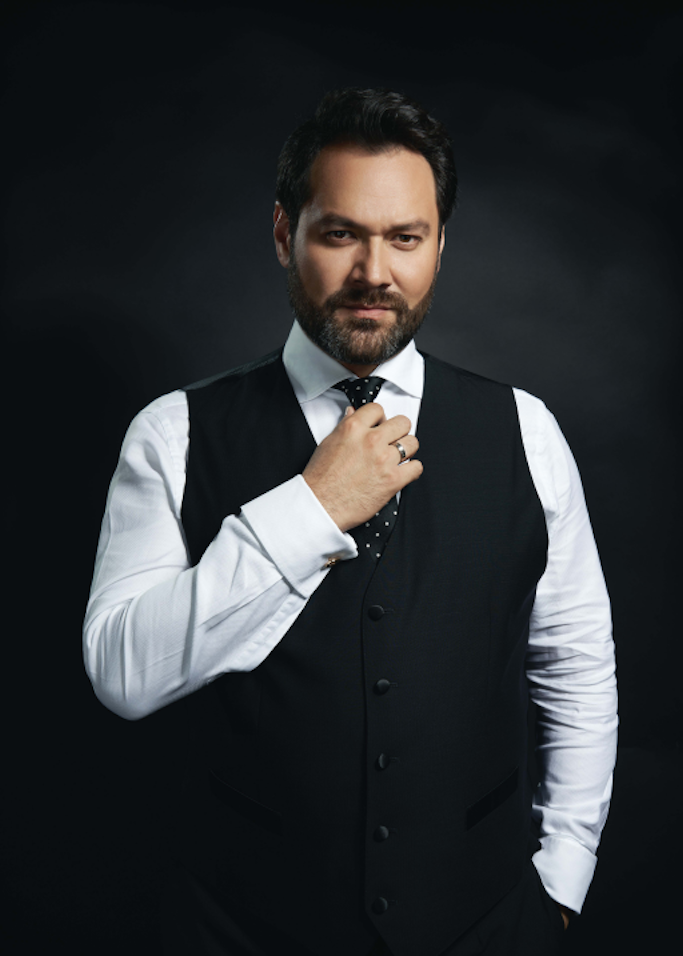
SF: Time and again, you make your Whitsun Festival in Salzburg a holistic experience. This time we witness not just opera and concerts, but you bring the first-ever flamenco evening to the Salzburg Festival and also present the film series Reflexión. Why are these extensions so important?
CB: Classical music, and opera first and foremost, touches upon many subjects: theatre, literature, music, dance, visual arts, history and so much more. A city such as Seville strikes us as an overall experience in which food, drink, culture and history merge in one unique, wonderful vision – and that is the way I want the Whitsun programme to impress the audience: the more different spectacles we don to observe an image, the more interesting and profound the experiences and insights we draw from it.
The Salzburg Whitsun Festival will take place from 3 – 6 June 2022.



